Head and Neck Oncosurgery
Head and Neck Oncosurgery is a specialized field of surgery focused on the treatment of tumors and cancers affecting the head and neck region. It involves surgical intervention to remove cancerous or abnormal growths in the area, aiming to preserve function and improve the patient’s quality of life.
Who Needs Head and Neck Oncosurgery:
Head and Neck Oncosurgery may be recommended for individuals who have been diagnosed with various types of head and neck cancers, including tumors of the oral cavity, throat, larynx, salivary glands, and thyroid gland. The decision for surgery depends on factors such as the type, size, location, and stage of the cancer, as well as the patient’s overall health.
When to See a Specialist
It is advisable to see a specialist in Head and Neck Oncosurgery if you experience any persistent symptoms related to the head and neck region, such as a lump or swelling, difficulty swallowing or speaking, persistent pain, changes in voice, or unexplained weight loss. Early detection and timely intervention can improve treatment outcomes.
Procedure
Preoperative Assessment: The surgeon will evaluate your medical history, perform a physical examination, and order imaging tests and biopsies to determine the extent and nature of the tumor.
Anesthesia: You will be given general anesthesia to ensure you are comfortable and asleep throughout the procedure.
Surgical Resection: The surgeon will make incisions to access the tumor and carefully remove it along with any nearby affected tissues. The goal is to achieve complete tumor removal while preserving important structures and functions.
Reconstruction: In cases where significant tissue or organ removal is necessary, reconstruction techniques may be employed to restore function and aesthetics. This may involve the use of grafts, flaps, or implants.
Postoperative Care: You will be closely monitored in the hospital for proper wound healing, pain management, and any potential complications. The healthcare team will provide instructions on postoperative care, including diet, medications, and follow-up appointments.
Road to Recovery
Recovery from Head and Neck Oncosurgery varies for each individual. It may involve a period of healing, rehabilitation, and adjustment to any functional changes. Physical therapy, speech therapy, and nutritional support may be part of the recovery process. The healthcare team will provide guidance and support throughout your journey.
Risk Management
Head and Neck Oncosurgery carries risks and potential complications, which can vary depending on the type and extent of the surgery. These may include bleeding, infection, damage to nearby structures, changes in speech or swallowing, and cosmetic changes. Your healthcare team will discuss these risks with you and take measures to minimize them.
Benefits of Head and Neck Oncosurgery
Tumor Removal: Head and Neck Oncosurgery aims to remove cancerous or abnormal growths, reducing the burden of cancer and potentially improving long-term outcomes.
Improved Quality of Life: By removing tumors and preserving critical structures, Head and Neck Oncosurgery can help restore or maintain important functions such as swallowing, speech, and appearance, leading to an improved quality of life.
Individualized Approach: Each surgery is tailored to the specific needs and circumstances of the patient, ensuring personalized care and treatment.
Frequently Asked Questions
What is head and neck oncosurgery?
Head and neck oncosurgery is a specialized field of surgery that focuses on the treatment of tumors and cancers in the head and neck region. It involves the removal of cancerous tissues from structures such as the throat, mouth, tongue, salivary glands, and lymph nodes in the neck.
Who needs head and neck oncosurgery?
Head and neck oncosurgery is typically recommended for individuals diagnosed with tumors or cancers in the head and neck region. It may be suggested as the primary treatment or as part of a multidisciplinary approach that includes radiation therapy, chemotherapy, or targeted therapy. The need for surgery will depend on various factors, including the type, stage, and location of the cancer.
What are the common procedures performed in head and neck oncosurgery?
Common procedures in head and neck oncosurgery include tumor resection, neck dissection (removal of lymph nodes), glossectomy (removal of the tongue), laryngectomy (removal of the voice box), and maxillectomy (removal of the upper jaw). The specific procedure recommended will depend on the individual’s condition and the extent of the cancer.
How long does the recovery process take after head and neck oncosurgery?
The recovery process after head and neck oncosurgery varies depending on the type and extent of the procedure performed. It can range from a few weeks to several months. During this time, individuals may experience difficulty in swallowing, speaking, or breathing. Rehabilitation and post-operative care are essential for a successful recovery.
What are the potential risks and complications associated with head and neck oncosurgery?
Like any surgical procedure, head and neck oncosurgery carries certain risks and potential complications. These can include bleeding, infection, damage to nearby structures, changes in speech or swallowing abilities, and cosmetic changes. Your healthcare team will discuss these risks with you and take necessary precautions to minimize them.
Treatment Plans
- Trauma & intensive care $59
- Aged Care $29
- Community Services $25
- Diagnosis & Investigation $48
- Medical & Surgical $82
- Mental Health $74
- Rehabitation $24
- Specialised Support Service $19
- Trauma & intensive care $59
- Aged Care $29
- Community Services $25
- Diagnosis & Investigation $48
- Medical & Surgical $82
- Mental Health $74
- Rehabitation $24
- Specialised Support Service $19
Treatians As The Best Choice
Treatians understand that seeking medical treatment abroad can be a daunting experience for patients and their families. That’s why the company offers end-to-end support to its clients, from the initial consultation to post-treatment care. The company provides personalized treatment plans that are tailored to meet the individual needs of each patient, and its team of dedicated professionals is always on hand to provide guidance and support throughout the entire process. Contact us at +91-9560960088, drop your email support@treatians.com
- Trauma & intensive care
- Aged Care
- Community Services
- Diagnosis & Investigation
- Medical & Surgical
- Mental Health
- Rehabitation
- Specialised Support Service
Doctors
Service Recipient Says

Oxmox advised her not to do so, because there were thousands of bad Commas, wild Question Marks and devious.
Kolis Muller NY Citizen
Oxmox advised her not to do so, because there were thousands of bad Commas, wild Question Marks and devious.
Kolis Muller NY Citizen







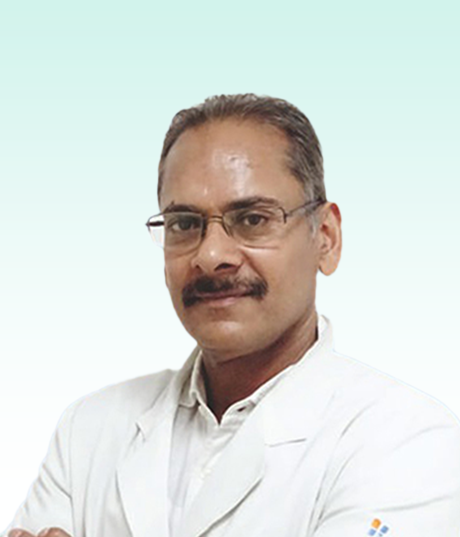
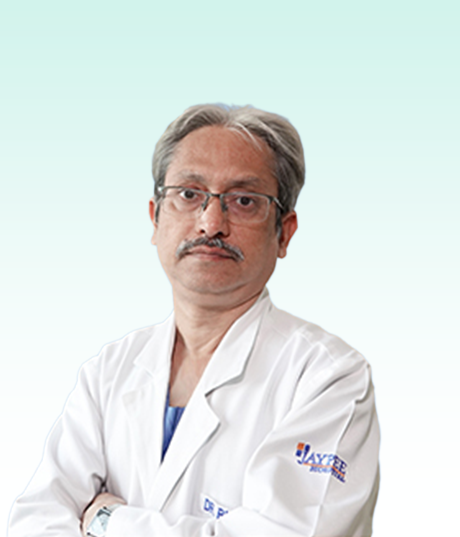
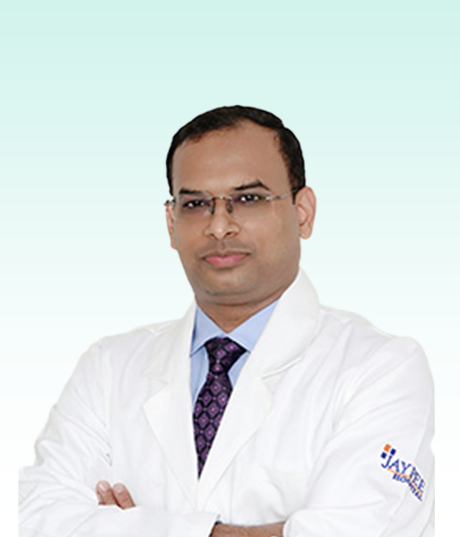
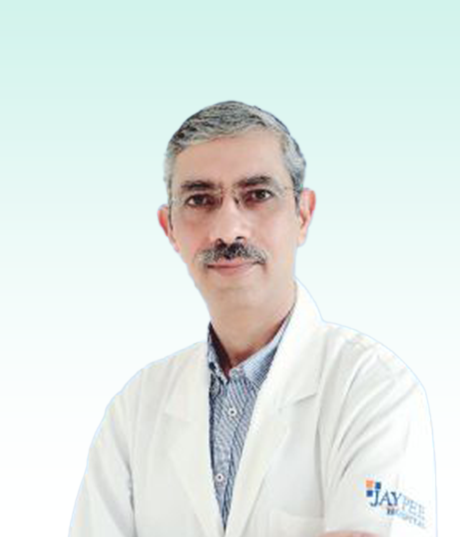
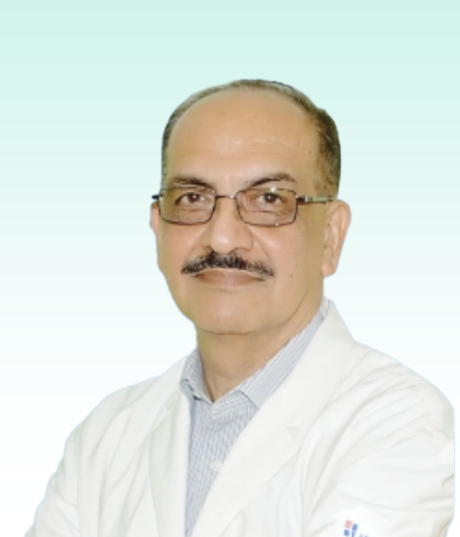
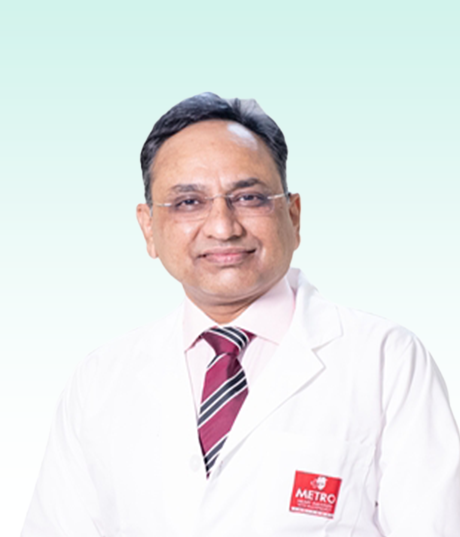


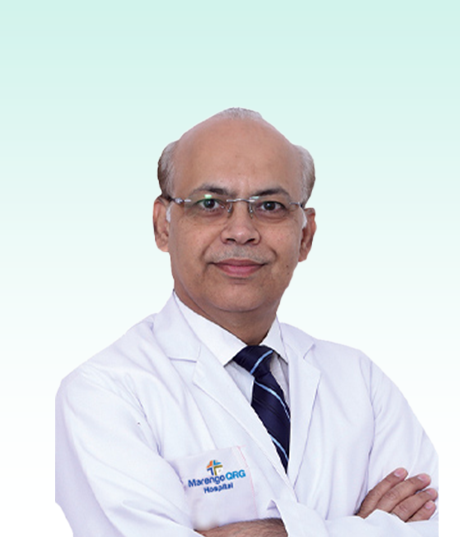
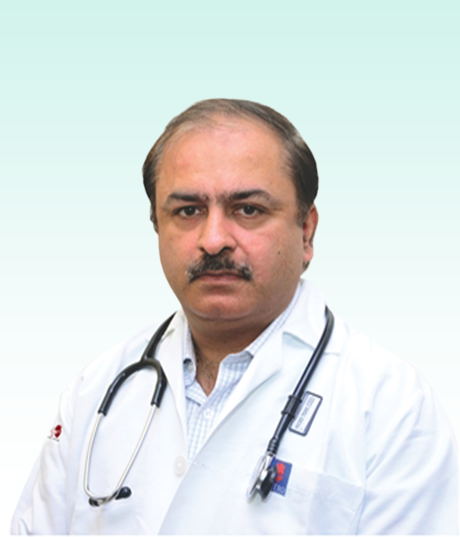
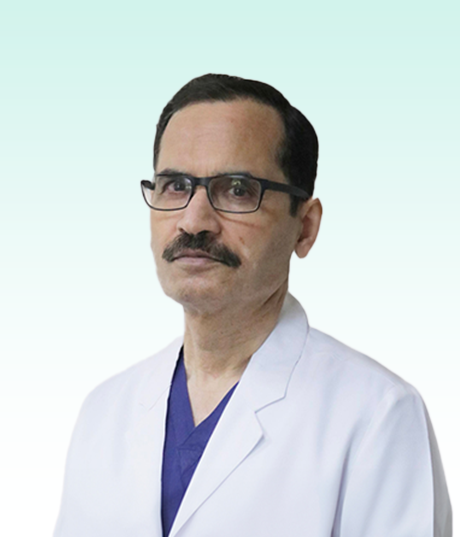
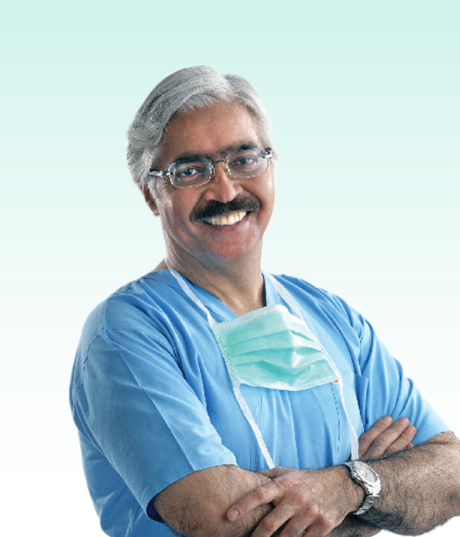






Oxmox advised her not to do so, because there were thousands of bad Commas, wild Question Marks and devious.
Kolis Muller NY Citizen